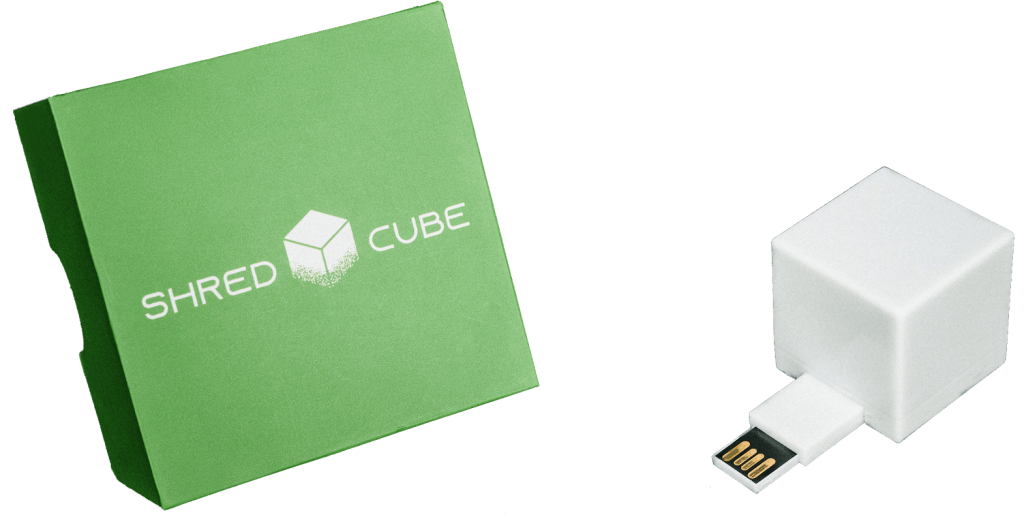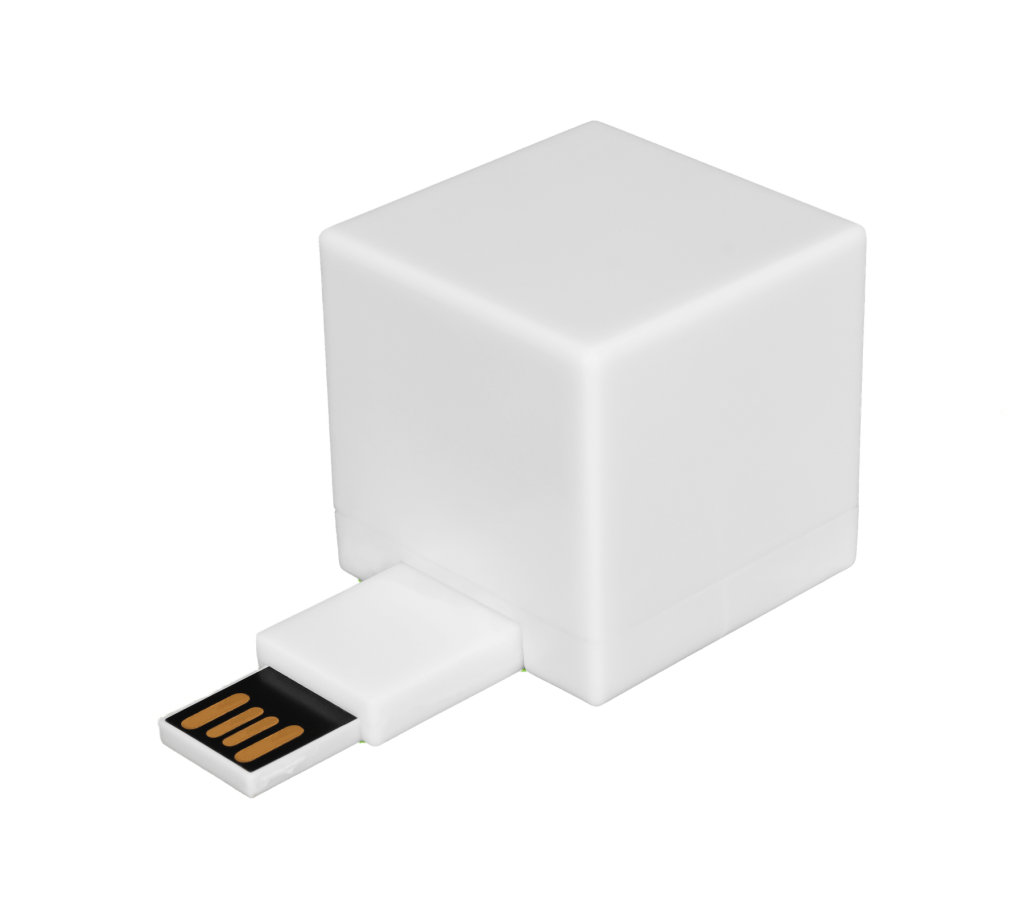It would be nice to feel like you can browse the internet with a feeling of safety and freedom akin to strolling through a patch of daisies. Most computer users by now know that’s far from reality, though. The savvy ones are searching for ways to get a safer vibe online. The business world, unfortunately, isn’t playing along. Here’s what you need to know:
- Businesses can use trackers to collect your IP address, geographic location, and other personal information based on the websites you visit. These web monitors can compromise your privacy and security if you are not careful.
- Internet tracking involves the use of a script in the code of a website that gathers data points from visitors. The code allows a business to continuously collect visitors’ information as they engage with its site, gathering data that they can use themselves or sell to various third parties.
- Any website you visit may use web monitors to trace visitor information and learn about their audience. Competing sites or cybercriminals can also install them secretly without the website’s owner knowing. A business, for example, can insert a web tracker into their rival’s site. Doing so gives the business a nice advantage, enabling it to learn about their rival’s site visitors and gain potentially valuable intel.
Cybercriminals can use tracers to monitor website visitors for sites around the globe. They can leverage this information to plan for cyberattacks against both consumers and businesses. There are options for combatting internet monitors, so don’t feel defeated. This guide will provide insights into tracers, how they work, and how to stop internet tracking.
How Often Are Internet Tracers Used?
Approximately 79% of websites globally use internet trackers, according to Ghostery research. The study also found that websites in the U.S., Russia, and U.K. have more tracers per page load than others around the world. Google ranked first in terms of top 20 monitors on the internet, according to the research. It noted that Google has a web tracer on 82% of all web traffic. Other websites that use them include Facebook, YouTube, and Twitter, according to the research. Most of the companies that use them originate in the U.S. but have a global presence.
Types of Internet Trackers
The internet is loaded with website visitor information that can be retrieved via web tracers. The information businesses collect varies based on the type of monitor they use. Here’s a look at five common types and what they do:
1. Cross-Site Tracking Cookies
Cookies follow visitors from website to website and are often deployed without user consent. They allow advertisers and other third parties to monitor visitors, build profiles for them, and retarget them with ads whenever they go online.
2. Super Cookies
A traditional cookie can be deleted, but a super cookie remains on a device permanently. Super cookies let websites access visitors’ personal information, behaviors, and preferences, and even their active time on the internet.
3. Social Media Tracers
Social networks can monitor visitor activities on their respective websites. They enable social media websites to collect user information that can potentially be sold to advertisers and other third parties.
4. Fingerprinters
Businesses can use fingerprinters to retrieve information about the device a visitor uses to access their site. Once a business has information about the screen resolution, operating system, and other visitor device data, it can set up a digital fingerprint for the user. This data can serve as a unique profile that the business can track across multiple websites.
5. Cryptominer
A cryptominer is a form of malware that uses a system’s computing power to mine digital money. Cryptominers drain a system’s battery and hamper its performance.
Any website can have one or more internet monitors running at a given time. Plan for all types of internet tracers so you can consistently guard against them.
5 Ways to Protect Against Internet Tracking
Don’t expect internet monitoring to stop on its own. There is an abundance of website visitor information available on the internet, and businesses and others will continue to use tracers to retrieve this data.
Although there is nothing you can do to stop companies from using this approach, there are several things you can do to keep them at bay. Tried-and-true methods to protect against tracking on the internet include:
1. Activate the “Do Not Track” Feature in Your Web Browser
Go to your web browser’s privacy settings and choose “send a do not track request” to websites. Sites that honor your request will stop monitoring your data. This offers a great starting point to guard against tracking, but there is no requirement for websites to grant your request.
2. Use Incognito Mode
Take advantage of incognito mode in your web browser. This prevents your web history from being stored and reported to ad networks.
3. Use a Digital File Shredder
Leverage a digital file shredder to remove unwanted files from your computer. The shredder lets you quickly and safely delete any files that contain sensitive information. Any malicious tracer that is used to place malware or other viruses on your device won’t have access to shredded files if a good shredder is used.
4. Download the HTTPS Everywhere Plug-In
Use the free HTTPS Everywhere plug-in from the Electronic Frontier Foundation (EFF). The plug-in requires websites that use the standard HTTP data transfer protocol to use HTTPS, enhancing the security and privacy of your data through encryption.
5. Deploy a Virtual Private Network (VPN)
Set up a VPN to maintain a private, secure connection from your device to your VPN server. A VPN simultaneously hides your IP address and allows you to use public Wi-Fi safely.
Using these tips is a good first step in combatting web monitors. There is, unfortunately, only so much you can do on your own to guard against them. Those who experience slow system performance or are concerned about data security should deploy these and other tools. A combination of devices, software, and diligence will give you the best chance of regaining that sense of freedom.

Protect Your Data and Privacy With a File Shredder
Web monitoring enhancements are ongoing. While people consider how to stop internet tracking, businesses are exploring every opportunity to take tracing to the next level. You need to explore ways to guard against these constantly evolving efforts now and in the future.
The Shred Cube offers a powerful option to help you protect your data against internet trackers. Our innovative digital file shredder allows you to easily remove excess files from your computer and ensures that they can’t be recovered after they are deleted.
Contact us today for more information about our digital file shredding solution.











